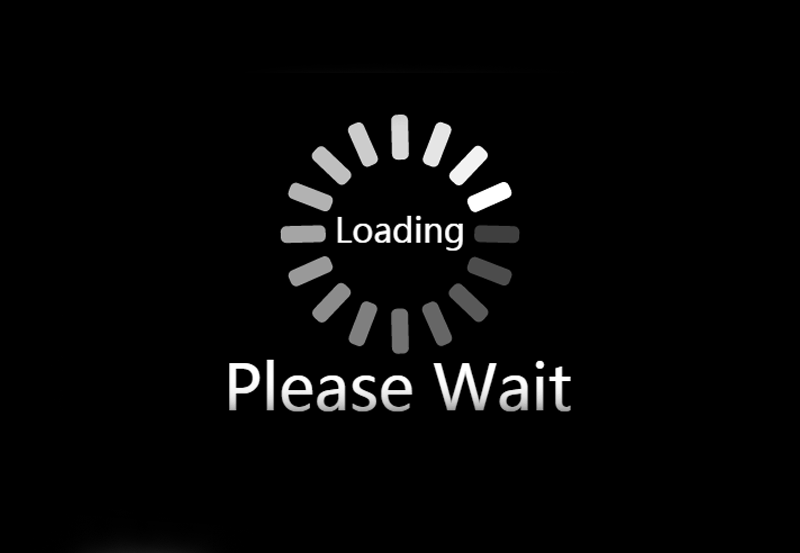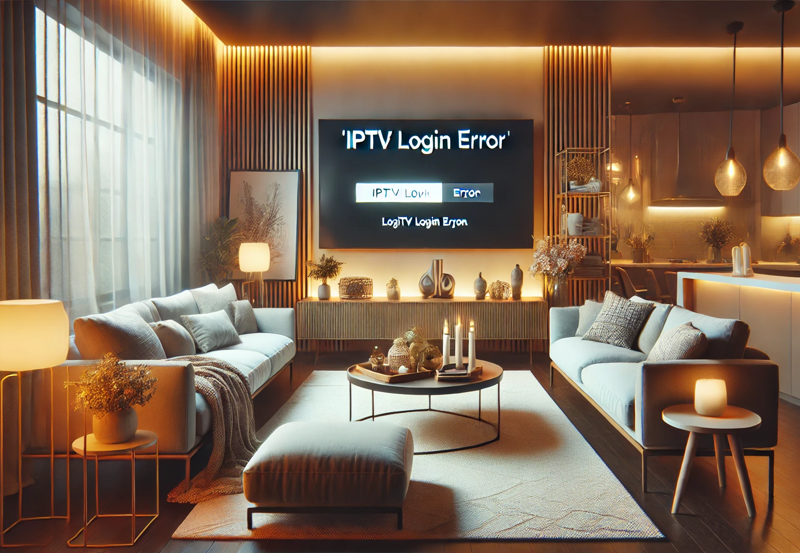Understanding and Resolving IPTV Playback Errors: A Comprehensive Guide
The rise of Internet Protocol Television (IPTV) has revolutionized the way we consume TV content, offering an unparalleled variety and flexibility. However, despite its perks, users frequently encounter playback errors. While these issues can be frustrating, understanding their causes and solutions is key to enjoying seamless streaming. In this guide, we will explore common causes of IPTV playback failed errors and provide effective troubleshooting tips. want Buy 1 Year IPTV Subscription
Introduction: The Challenges of IPTV Streaming
As more individuals gravitate towards IPTV for their entertainment needs, the demand for reliable streaming services has surged. Yet, with this modern technology comes a set of unique challenges that traditional TV didn’t have to worry about. These challenges can interrupt your viewing experience, causing great annoyance.
From network-related issues to application-specific bugs, a variety of factors can cause IPTV playback to fail. But fear not—many of these problems come with straightforward solutions that can restore your streaming stability in no time.
Let’s dive into the intricacies of these common issues and discover how best to address them.
Network-Related Issues
Network problems are among the most common causes of IPTV playback errors. Given that IPTV relies heavily on internet connectivity, even minor disruptions can lead to significant playback issues.
Slow Internet Speeds
Slow internet speeds are a frequent culprit behind buffering and playback interruptions. To stream smoothly, a stable internet connection with sufficient bandwidth is essential. Ensure your ISP provides speeds adequate for HD or UHD streaming.
- Conduct a speed test to assess your current connection.
- Consider upgrading your internet plan if speeds are consistently low.
- Use a wired connection instead of Wi-Fi to enhance stability.
Network Congestion
When multiple devices are connected to the same network, bandwidth can become congested. This affects streaming quality and leads to playback failures.
- Limit the number of active devices during streaming.
- Use Quality of Service (QoS) settings on your router to prioritize streaming traffic.
Device Compatibility Issues
Different devices have varying capabilities when it comes to handling IPTV apps. Ensuring compatibility between your device and the streaming application is crucial for playback success.
Outdated Software
Running outdated software can lead to incompatibility between your device and IPTV services. Keeping both your operating system and IPTV apps up to date can prevent many playback issues.
- Regularly check for and install system updates.
- Ensure IPTV apps are updated to their latest versions.
Hardware Limitations
Older devices might not support the latest streaming codecs or resolutions, resulting in playback errors. Consider upgrading to a newer device or using external streaming devices like a set-top box.
If a device upgrade isn’t feasible, explore settings that allow for lower resolution streaming.
Service Provider and Application-Specific Issues
Another layer of potential problems lies within the IPTV service providers themselves, as well as the applications they offer.
Provider Server Downtime
IPTV services depend on servers to deliver content. If a provider’s server goes down, it will directly impact streaming capabilities.
Check with your IPTV service for any known outages and switch providers if downtime is frequent.
Application Bugs
Like any software, streaming apps may have bugs that lead to crashes or playback issues. Stay updated on app patches and contact support when issues arise.
Reinstalling the application can often clear residual bugs.
Enhancing Your IPTV Experience: Tips and Tricks
Now that we’ve identified common causes of IPTV playback errors, let’s explore some proactive steps you can take to enhance your streaming experience beyond troubleshooting.
Choosing the Right IPTV Service Provider
Not all IPTV services are created equal. Selecting a reliable provider can mitigate a host of potential playback issues. It’s worth investing time in thorough evaluation and comparison.
- Evaluate uptime history and user reviews for reliability.
- Compare channel offerings and subscription costs.
Optimizing Your Home Network
A well-optimized home network is the backbone of flawless IPTV streaming. Here are a few tips to fine-tune your internet setup:
- Position your router in a central location to maximize coverage.
- Use high-quality Ethernet cables for wired connections.
- Consider upgrading to a mesh network if Wi-Fi issues persist.
Regularly Monitor and Maintain Your Equipment
Just like any device, regular maintenance of your streaming equipment can preemptively solve problems before they arise.
Dust off and reboot routers, modems, and other hardware regularly. This simple action can extend the life and efficiency of your equipment, reducing the frequency of software-related issues.
A Journey to Uninterrupted Entertainment
Leaving movie night frustrations behind is closer than you think. By understanding the root causes of IPTV playback issues and addressing them proactively, you set the stage for an uninterrupted entertainment journey. The key lies in monitoring your network, choosing reliable service providers, and ensuring your device is equipped to handle modern IPTV applications.
The world of IPTV is vast and growing. Continue to explore the best in IPTV entertainment without letting technical difficulties hamper your viewing experience.
FAQs

Why does my IPTV constantly buffer?
Buffering issues often stem from bandwidth limitations or network congestion. Ensure your internet speed fits your streaming needs, and limit the number of connected devices during use. Prioritize streaming traffic with QoS settings.
How can I tell if my IPTV provider’s servers are down?
Most providers notify users of server outages via email or within the application itself. Check for such announcements and follow up with customer service if needed, as they can confirm any server-related issues.
Is a set-top box better than my existing smart TV app?
Set-top boxes often receive more regular updates than built-in smart TV apps, potentially offering better performance. A dedicated device can optimize your streaming experience, particularly with resource-intensive applications.
Which IPTV service provider is the best for reliability?
While many providers boast reliability, it’s crucial to research user reviews and uptime records. Service providers like [Provider X] are known for their stable service but always verify local reviews for any specific feedback.
Can VPNs affect my IPTV playback?
VPNs can both hinder and help streaming. While they offer privacy benefits, they may slow down connection speeds, leading to playback issues. Ensure you use a VPN with servers optimized for streaming, or try disabling it for better performance.
How to Stream International Channels on NVIDIA Shield TV





